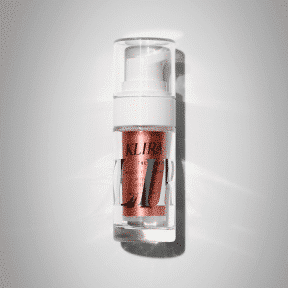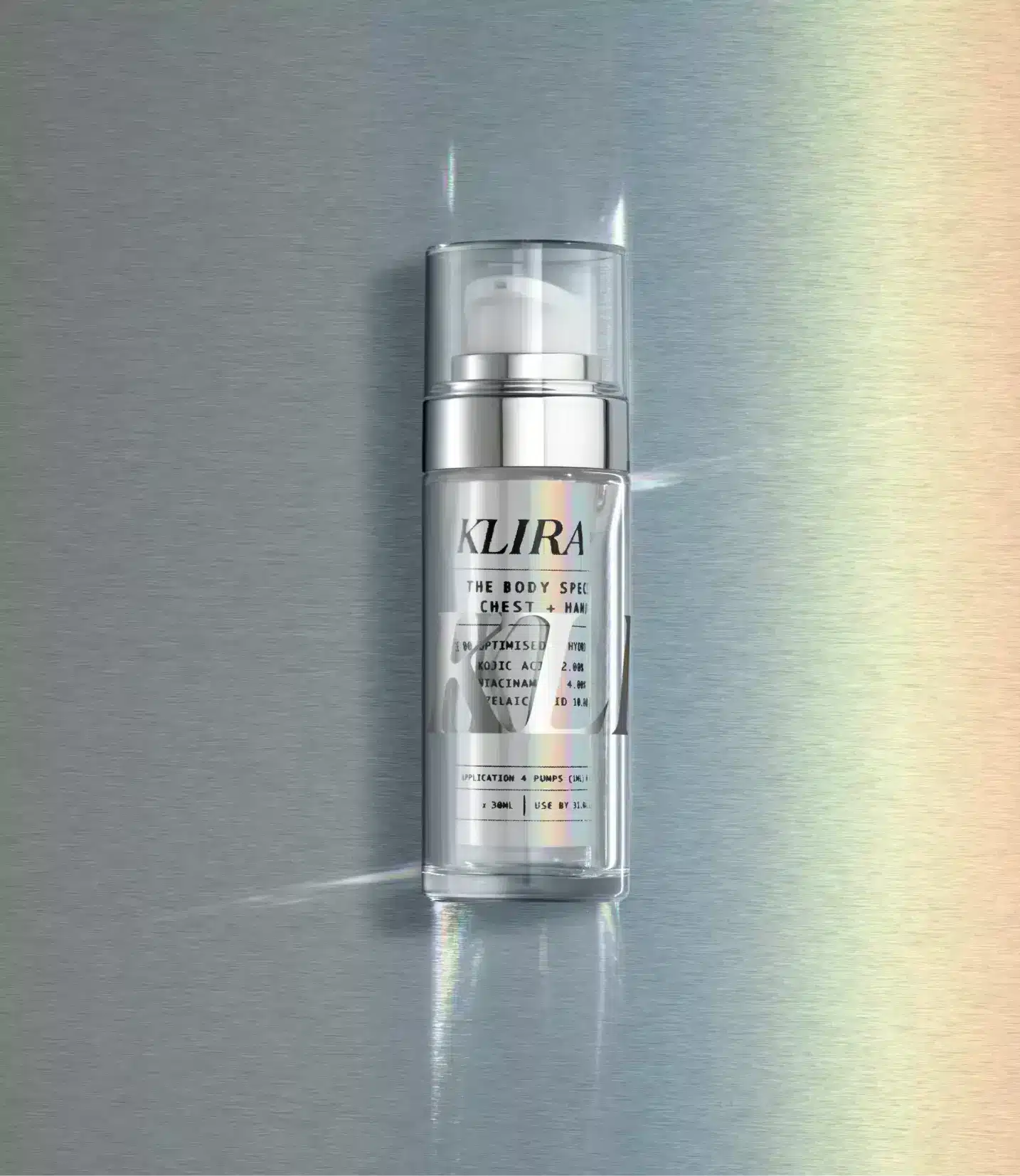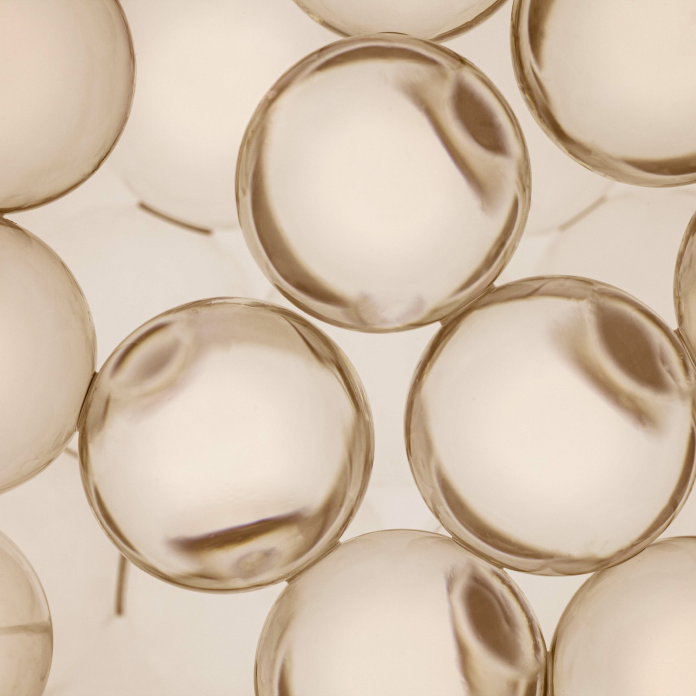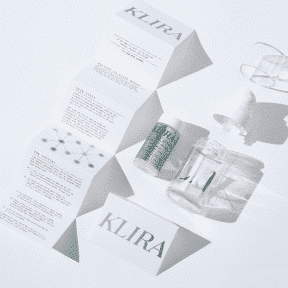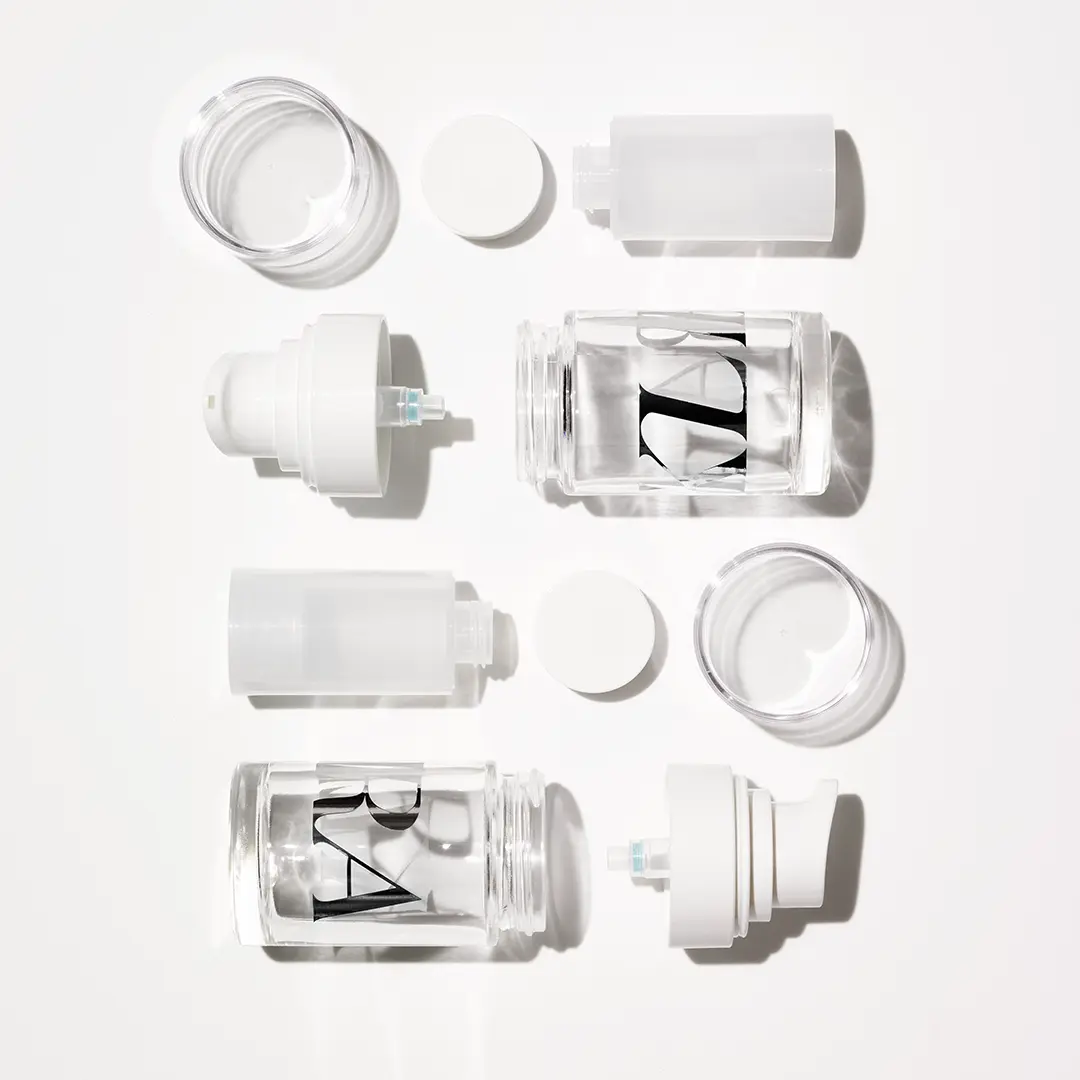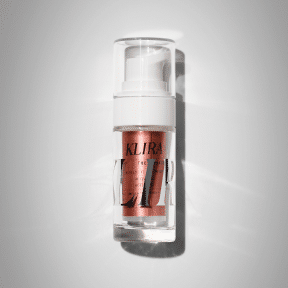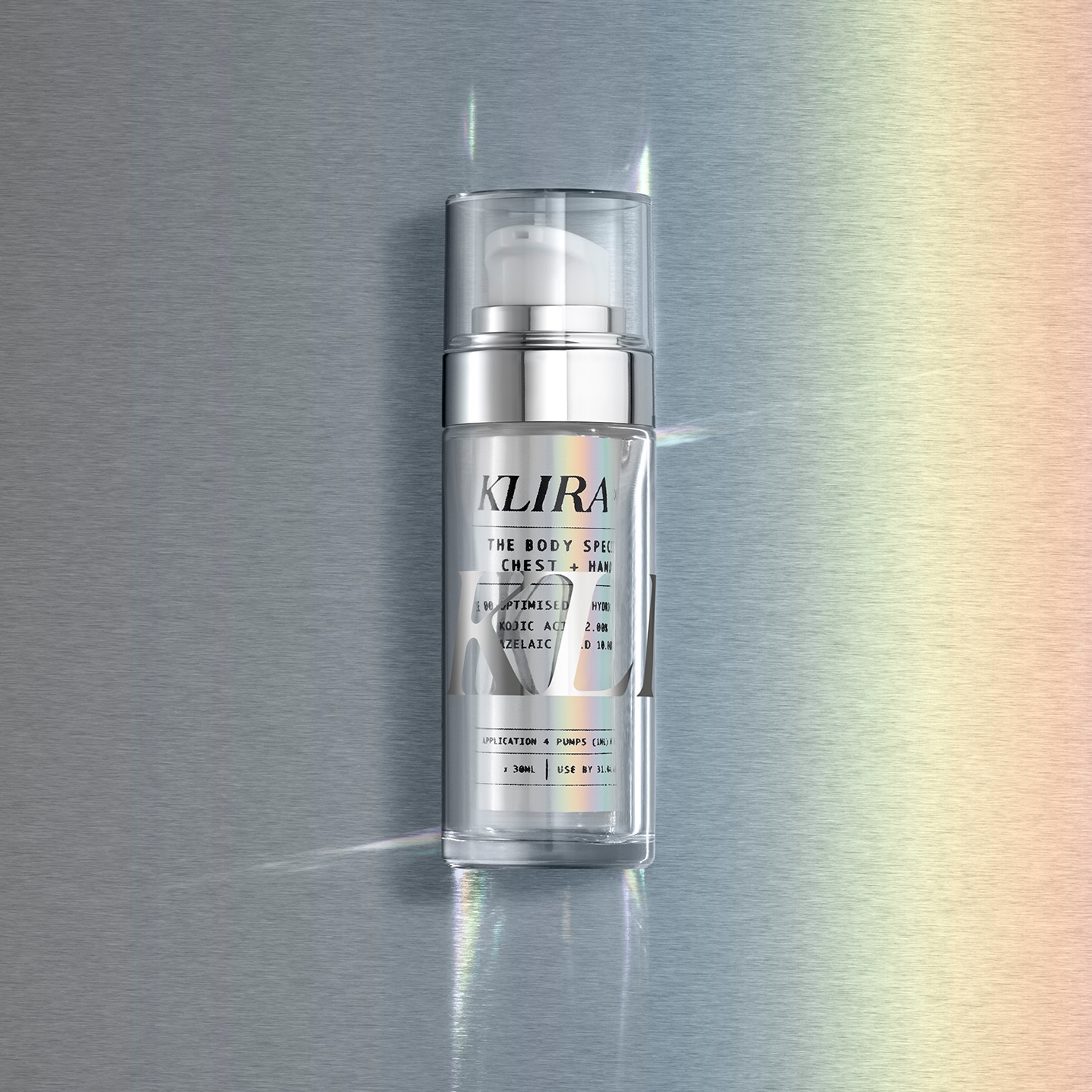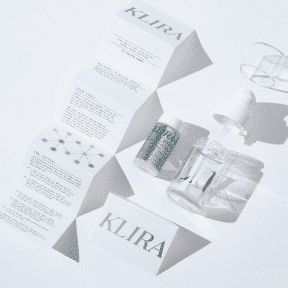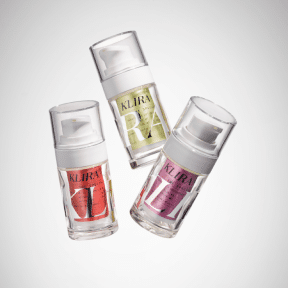
Summer is long gone, but now isn’t the time to start slacking on SPF application. SPF isn’t just about preventing sunburn in hot weather. It’s also meant to protect your skin from premature ageing and the risk of skin cancer.
Daily SPF use is recommended for everyone. However, there’s some nuance to the kind of products you’ll need, depending on your SkinSize™. We’ll go over how to find the best SPF for you, and how to ensure your skin stays healthy and protected all year long.
How do you apply SPF properly?
Apply SPF first thing in the morning. You need about one teaspoon of SPF to cover your face, neck and decolletage.
To reduce pilling and get a more even coverage, Dr Emma, Consultant Dermatologist and Founder of Klira, recommends applying your SPF in two layers. Simply apply the first layer, wait for it to absorb, and then apply the second layer.
This way, you can go about your day without having to reapply SPF over your make-up. (Unless you’re outside all day or sweating; then it’s time to add another layer.)
How to find a good quality SPF?
We know that an intensely saturated personalised skincare market can make it hard to find the right products (exactly why we created Klira).
To get the right product, Dr Emma breaks down some key signs of a quality SPF in the video below:
How does sun damage affect your SkinSize™?
SkinSizes™: 01 / 02 / 03 / 04 / 05 / 06 / 09 / 10
These SkinSizes™ are prone to having a weak skin barrier. UV radiation from the sun is more likely to trigger inflammation and redness in your skin. If at first it seems the sun is clearing your skin, just wait – it will actually be making it worse!
After UV radiation exposure, your skin can also experience a sensitivity to chemicals, known as photosensitisation. At this point, products like perfumes or fragranced skincare might cause irritation.
SkinSizes™: 07/ 08/
Your SkinSize™ has a greater ability to tan – which can cause problems down the line.
Excess sebum and pigmentation make the skin appear healthy and p
rotected earlier on. But with age, photodamage from the sun will become more visible.
You might notice these signs starting with a sensitivity to certain sunscreens. Without adequate SPF protection, you’ll start to get an uneven skin tone and wrinkles.
Your Skinsize will also have a tendency to dark spots, melasma and other forms of uneven pigmentation with UV exposure. This is all down to how your body produces melanin. Regularly applying a good quality, broad spectrum SPF can significantly reduce your risk of all these skin concerns.
SkinSizes™: 11 / 12
Your SkinSize™ has low sebum and less natural protection against UV light. As a consequence, your skin’s collagen is more likely to become damaged.
Compared to other SkinSizes™, yours is at earlier risk of photodamage, fine lines, and wrinkles. Regular use of an SPF is critical to protecting your skin.
However, most SPF products will work well with your skin, keeping it hydrated and protected from harmful UV damage.
Extra tips from the Klira Dermatology team
- For those with darker skin tones, avoid SPFs with a lot of zinc oxide or titanium oxide. These can have an unwanted ‘chalky’ effect on your skin.
- If you have a lighter skin tone, avoid tinted sunscreens. The different filters may not be tolerated by your skin type.
Our Dermatology Team will review your SkinSize™ Analysis, medical information, and photos to decide which ingredients you will receive in your bespoke formula.

